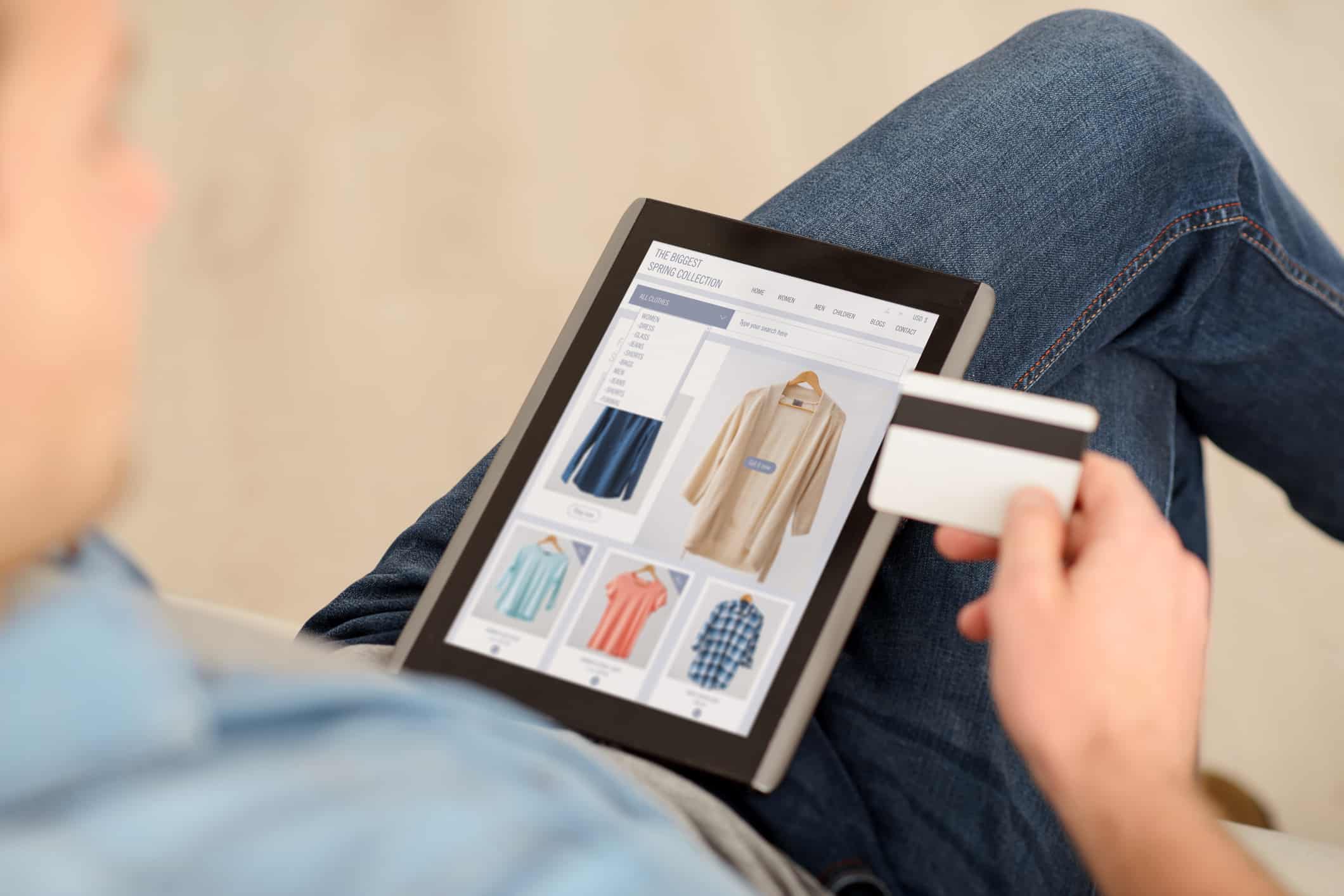Over the last decade and a half, e-commerce has seen an explosive amount of growth. Fueled by lockdowns and shelter-in-place mandates, tech companies and startups have captured consumers with products and services that made life in the pandemic feel, well, less stressful.
One is “buy now, pay later” (BNPL). BNPL services give cash-strapped Canadians the option of spreading payments on purchases across numerous months, even years. Pay a little now, a little more next month, and a little more the month after, and you can afford that Peloton today.
Though the BNPL concept isn’t new (installment loans have existed for decades), the recent wave of BNPL services has a new feature: “no interest” financing. As long as you make payments on time, you only pay what the item costs and not a cent more.
That alone has given BNPL services a major boost in Canada. Its rapid growth, in fact, has left many wondering if BNPL will replace (or eclipse) credit cards.
I’m skeptical. Here’s why.

1. BNPL services could hurt your credit score
The more BNPL services you apply for, the more you could potentially hurt your credit score. That’s because some BNPL companies run a hard inquiry on your credit to determine if you’re eligible for their services (whenever a BNPL service asks you for your Social Insurance Number, that’s an indicator they’ll check your credit).
Credit inquires make up 10% of your credit score, and they can stay on your report for up to 12 months. One or two won’t crush your credit. Any more than that, and you’ll start knocking your score down.
Some BNPL companies, like Afterpay, won’t run a credit check. In fact, in the case of Afterpay, borrowing money doesn’t affect your credit score at all. That can be another problem: if the BNPL company doesn’t report borrowing activities to major crediting bureaus, you won’t build a credit score.
2. Credit cards have more lucrative rewards
Credit cards have a leg up in one key area: rewards programs.
As long as you pay your credit card balance each month, you can accumulate a surprising number of rewards points, travel miles, and cash back on rewards cards.
While a sprinkling of BNPL services, like Klarna, are trying their hand at rewards programs, the majority do not have one. If you’re only trying to afford a big purchase now, that may not matter. But if you become dependent on the BNPL model, using it for purchases you could easily afford, you could miss out on lucrative credit card rewards.
3. Credit cards are more widely accepted
The big problem with BNPL services — they’re so new, many small retailers don’t offer them. Even big retail stores don’t accept all BNPL services (and trust me: there are lots of them), meaning you could end up managing numerous BNPL accounts.
4. BNPL services still have fees
Yes, BNPL companies offer “no-interest” borrowing. But don’t think they care about your personal finances that much.
Most BNPL companies will charge fees and interest on late or missed payments. These charges range from company to company, but more often than not, the interest charges will be similar to the APR on a credit card.
5. Credit cards have more perks
Finally, credit cards have numerous built-in rewards that BNPL services have yet to match. Travel insurance, purchase protection, extended warranty on certain purchases, price protection, and rental car insurance are just a few of a credit card’s perks.
Bottom line
Though BNPL services are growing, I doubt they’ll overtake the credit card industry. Until BNPL companies find a way to match or surpass the rewards, perks, and credit-building capacity of plastic, credit cards will live another day.







